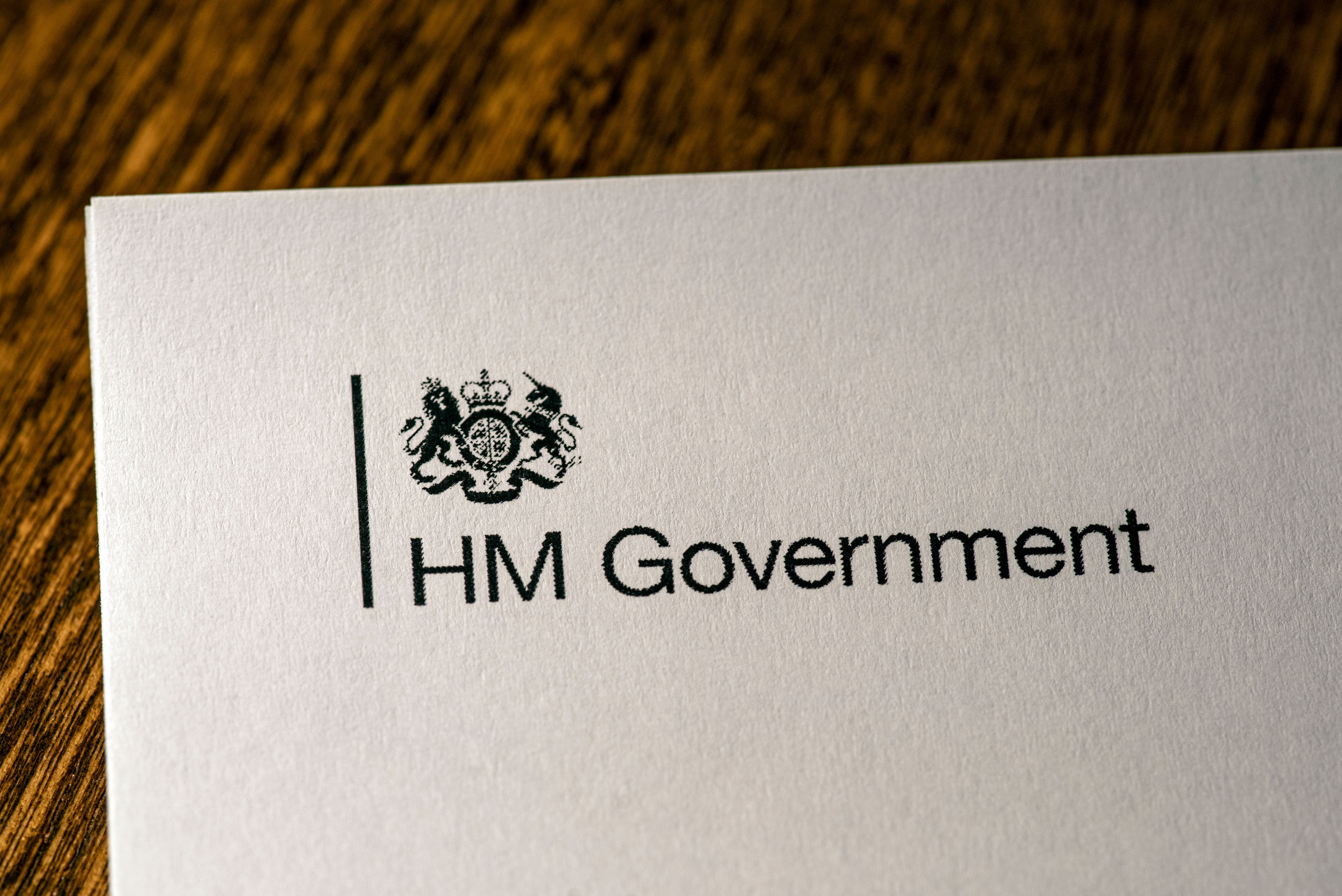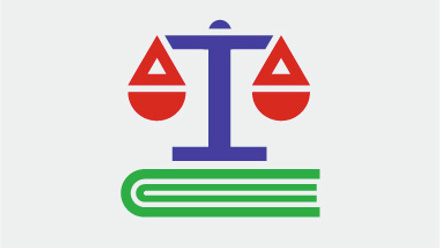Government Consultations
Consultations and calls for evidence are a process through which policymakers seek information and insights from relevant stakeholders. They provide an opportunity for stakeholders to input into general policy direction or invite comments on specific draft policy proposals.

To respond to consultations and calls for evidence, IOM3 draws on the expertise of our membership, in particular the technical community leadership teams. For instance, in 2023 IOM3, with insights from the IOM3 Polymer and Packaging Groups, submitted a response to the government consultation on the adoption of a mass balance approach for the Plastic Packaging Tax. IOM3 has also responded to the government’s net zero review call for evidence, the environmental targets consultation, the industrial strategy green paper, the national security and investment consultation and the advanced materials call for evidence. You can read our consultation responses here.
By building consensus across diverse industries and academia, IOM3 represents a unified and respected voice on all matters relating to materials, minerals and mining. This gives greater weight to our points and recommendations and widens the reach of our member’s expertise.
Government consultations can be complex. This is why IOM3 has developed an explainer for our members outlining how these consultations work, why they are important and how to get involved. Understanding this process is an important step towards influencing the development of policy and legislation in your field.
The resource below is exclusively for IOM3 members. Not a member yet? Join our global community and connect with 22 Technical Communities, access mentoring and professional development, and take your next step towards chartership. With over 150 years of history, we’re here to support your journey and help you make a real difference.


